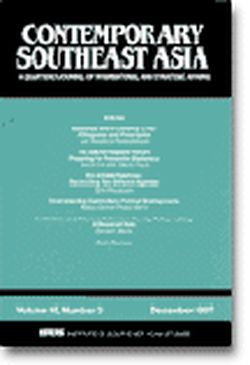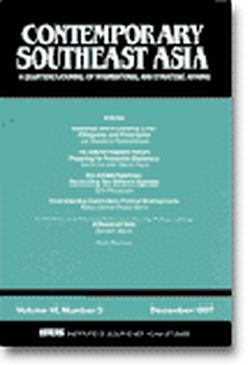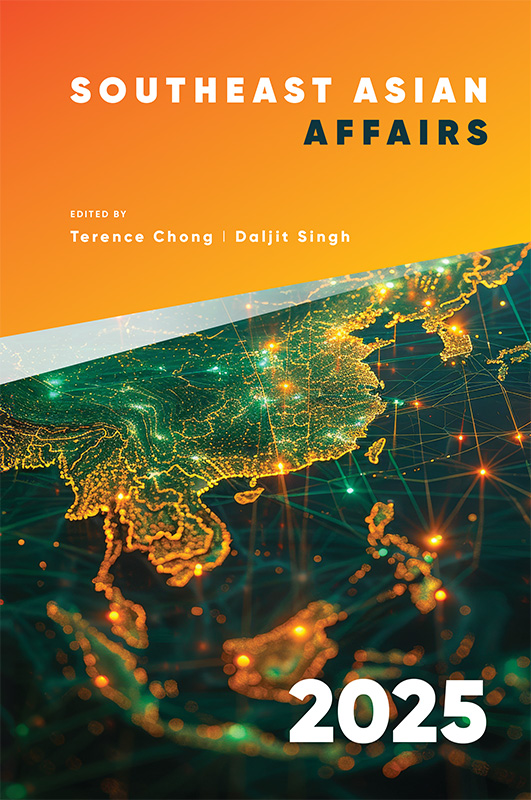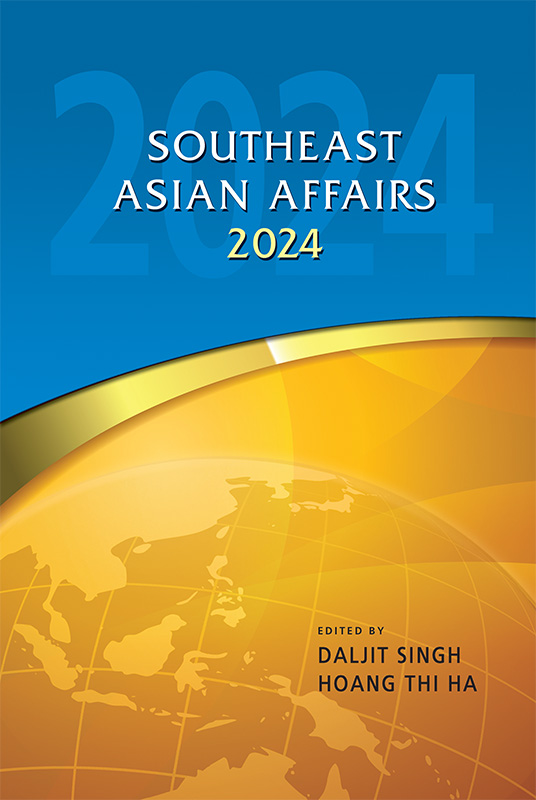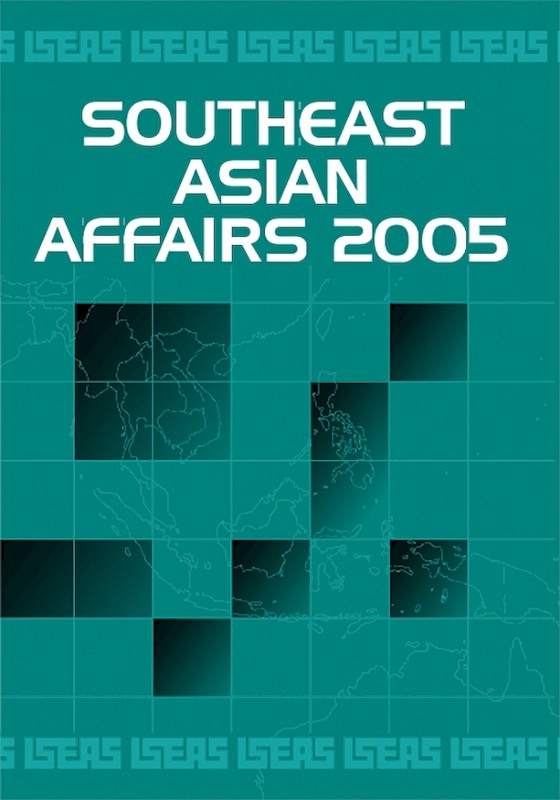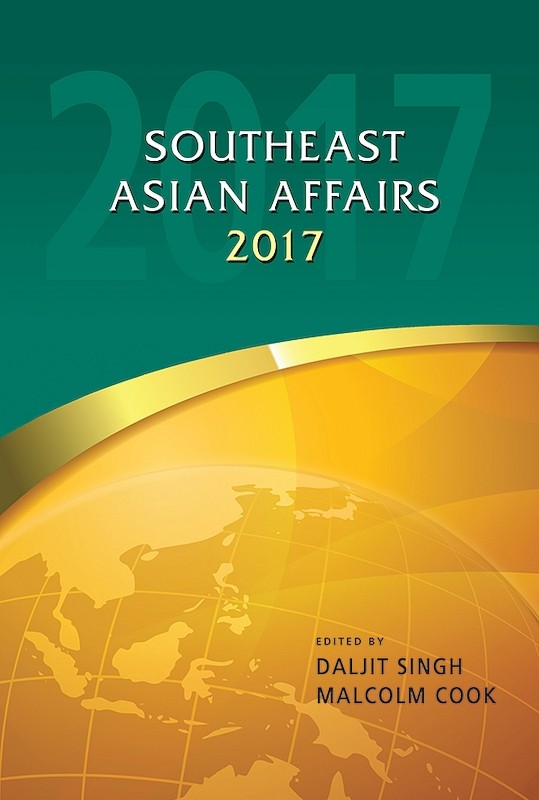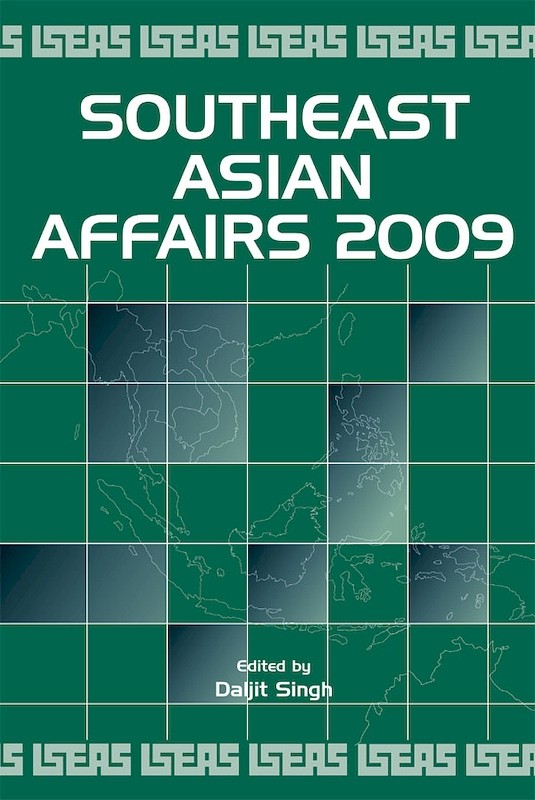-
-
- ARTICLES
-
Like most Southeast Asian nations, the political leadership in Indonesia views political stability as a requirement for national development. Political stability also strengthens the New Order regime's legitimacy to govern the country. This is necessary as a result of continued opposition to President Soeharto's leadership, coming as it does from disgruntled elites or those who have benefited less from the economic progress achieved over the past 26 years. The Muslims have become a benign force, having struck up a harmonious relationship with the New Order regime. While some Indonesians would like Soeharto to step down, others, looking further ahead, maintain that no one person should be allowed to be President for more than two terms. With Soehorto elected for a sixth term, attention has turned to the vice-presidential post. Whoever occupies this position is expected to play a crucial role in the succession issue in 1998, assuming that this is Soeharto's last term in office. As "Father of the Nation", Soeharto's qualities have become synonymous with good leadership. Anyone wishing to succeed him must possess the same qualities, the basic ones being that he must be an ex-military man, a Javanese and a Muslim. The feeling is that if leadership succession takes place within such a framework, Indonesia after Soeharto will continue to experience political stability.
-
The "succession problematique" in the context of state leadership juxtaposed with national security issues is examined from a historical perspective. This article traces the decline and demise of the ruling parties in post-independent Myanmar. The parliamentary system of governance apparently failed to maintain political stability in the face of factional struggles within the ruling party and the ascendent interventionist stance of the military. The post-colonial inheritance situation failed to resolve the problem of leadership succession and aggravated the national security dilemma, resulting in a military coup in 1962. The military's attempt to institute its legacy by way of the "Burmese Way to Socialism" proved illusory and was overturned by changing socio-economic circumstances. Imperatives of national security are supposed to be the raison d'etre for the military take-over in September 1988. As such, the military is engaged in the fashioning of a stable and orderlypolitical configuration according to its corporate interests and perceptions on politics. Prevailing developments and trends which are of relevance to the institutionalization of leadership succession in a democratic environment are also identified.
-
The election of Fidel Ramos as President of the Philippines completed the full restoration of democracy in that country. While democratic institutions are in place, they are not conducive to ensuring effective and efficient administration which the Philippines requires if it is to return to economic health. One major reason for this paralysis is the fear that the country would revert back to dictatorship or authoritarianism. Thus, while every Filipino recognizes the need to have a strong President, the public also feels that the checks and balances in the system must be preserved, lest the country lapses back into authoritarianism. Compounding this is the Marcos legacy, which has not been totally erased. New [eacute]lites, who have different agendas, have also emerged. This, together with the need to preserve democracy at all costs, are hampering the government's efforts to revive the country's fortunes. While the U.S. withdrawal from Subic Bay naval base and Clark air field has made the Philippines more vulnerable to external attacks, the threat to the country's security largely emanates from the domestic front. Rapid economic development is a crucial factor in ensuring political stability and preserving the country's security, but the Philippines can achieve this only if there is national unity.
-
Political stability in Thailand is inextricably linked to the issue of political legitimacy. The recent political upheavals, specifically the brutal repression of pro-democracy protestors, were the consequence of a desperate attempt by the military to use force to maintain its legitimacy not only to govern the country but also to intervene in the country's political system. During the Cold War era, the military justified its intervention by invoking the spectre of the communist threat to Thai national security. With the end of the Cold War, such a justification is no longer credible. This has allowed civilian politicians, particularly those favouring Western-style liberal democracy, to regain their power and influence. However, it is by no means certain that the era of military intervention in politics is over. The military, with the support of some civilian politicians, is trying to regain its hegemonic position but this is being resisted by pro-democracy forces. What seems certain is that in the coming years the contention between liberal and conservative forces will be very intense and this could well affect Thailand's national security.
-
Leadership in Vietnam has been greatly modified by a need to regain lost legitimacy. This has meant the opening up of the political process to allow more participation and make leadership more accountable. But the Vietnamese Communist Party (VCP) remains the only political elite in the country and the question of leadership succession must still be considered within the parameters of a one-party state. The VCP has sought to justify this on grounds of security, maintaining that political stability would be threatened by a multi-party system. Among other things, this has necessitated a tighter political control of the military. Given such a situation, what are the leadership changes expected in the short term? And how would the monolithic power structure weather the growing forces of plurality in the long term?
-
Political stability depends primarily upon the effectiveness with which elite cohesion is maintained; and the structure of elite-leader relationship is central to the elite cohesion equation. In attempting to characterize the nature of elite cohesion and thence the problems of political stability, political scientists have employed a range of conceptual languages. The concern here is to offer a schematic outline of some distinct conceptual perspectives which seem of potential utility in the study of Southeast Asian politics. It is argued that the type of language which is employed in characterizing leader-elite relationships carries with it specific implications in our understanding of the type of ideology, the character of the state, and the nature of the tensions and problems which generate political instability. The clarification of conceptual language is necessary if we are to move beyond specific descriptions and towards comparative analysis.
